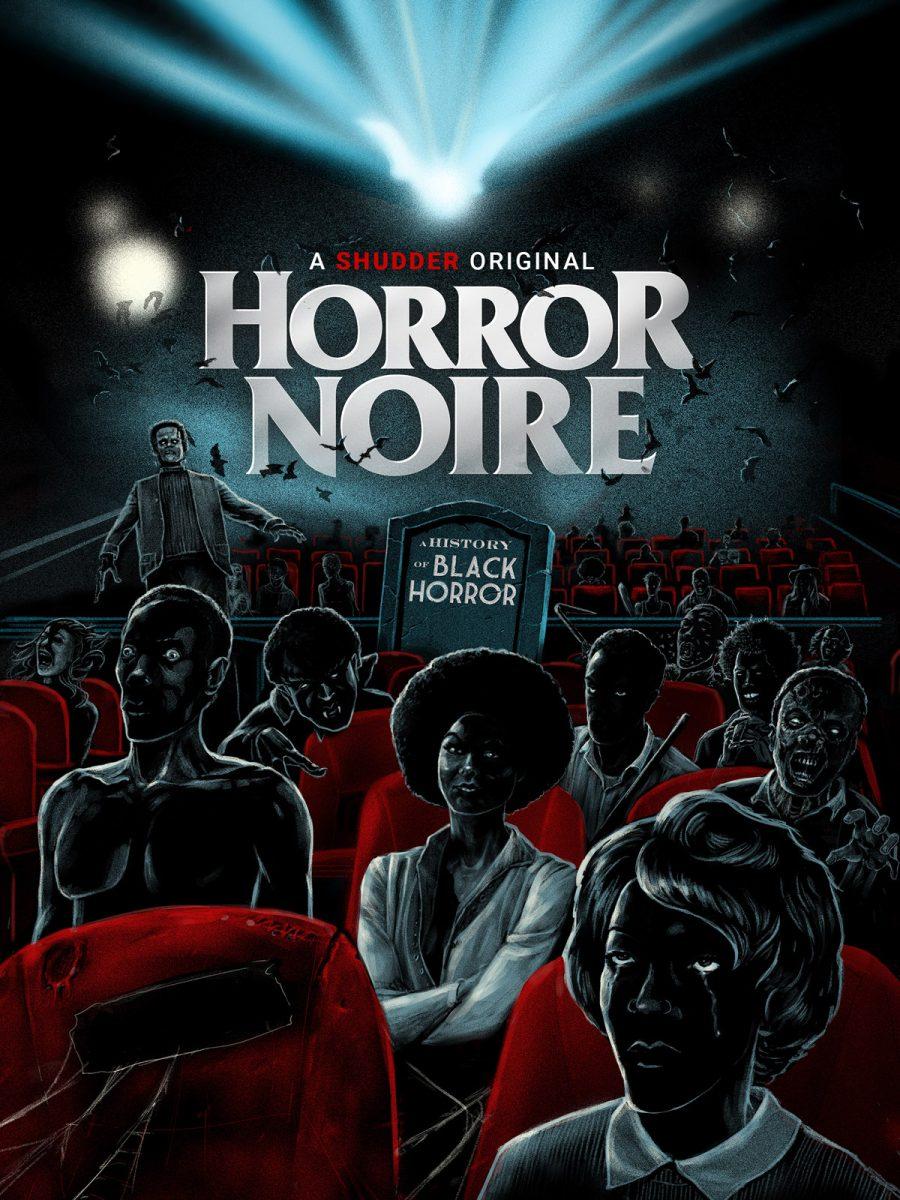Directed by Xavier Burgin, “Horror Noire: A History of Black Horror” is a documentary based on a 2011 book by Texas A&M Vice President and Associate Provost for Diversity Robin Means Colman. The documentary asserts the close relationship between the representation of blacks in horror films and their treatment within American culture.
Although not necessarily reflected by this year’s Academy Award nominees, the film world has seen a positive shift toward equal representation of African Americans on the big screen. However, it is only recently that black voices have begun to be heard in regards to their cliché or token roles throughout film.
“Horror Noire” is a fantastic, all-encompassing dissection of black representation, highlighting many influential films throughout the 20th century. The first film is D. W. Griffith’s “Birth of Nation,” a racist agitprop film about the Ku Klux Klan from 1915. While not typically classified as a horror movie, this film proved a direct threat to the treatment and perception of blacks, which presents the idea that horror is interpreted differently by people marginalized in the film.
Next, the documentary follows the evolution of the horror genre and how black actors are represented. The documentary features an impressive range of directors and actors from each of the films mentioned. The most prominent of these is Jordan Peele, director of the wildly popular film, “Get Out.” Alongside Peele are William Crain, director of “Blacula,” and Tony Todd, lead actor of “Candyman,” along with various black film critics and professors. Although their individual experiences with horror may differ, their collective voice is a refreshing addition to discourse of a genre that is, for the most part, still dominated by white perspectives.
While providing fresh discourse that dissects the subjectivity of horror based on race, Burgin provides a new voice in the world of documentary filmmaking. Similarly to the horror genre, documentary filmmaking is, in general, dominated by white writers and directors. Burgin’s work, and all of the talented team behind this film, place it among the elite of documentaries.
Rich in dialogue from a group of marginalized black directors, this documentary is essential viewing for anyone who loves horror films but also to those who enjoy hearing other viewpoints. These perspectives can challenge even the most open-minded person, and history always requires a close reexamination.
Cole Fowler is a English junior and columnist for The Battalion.










